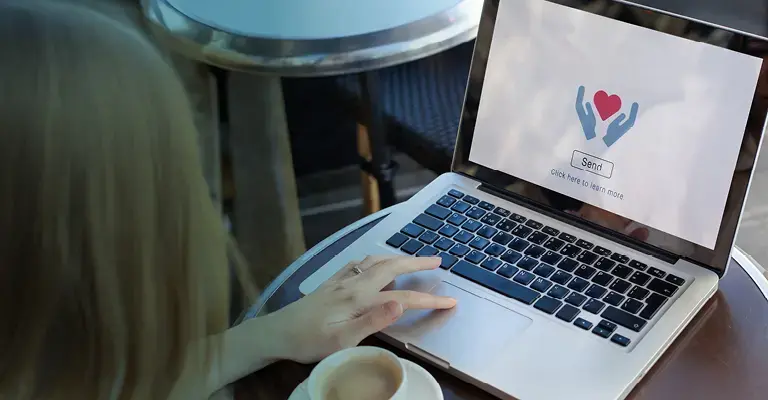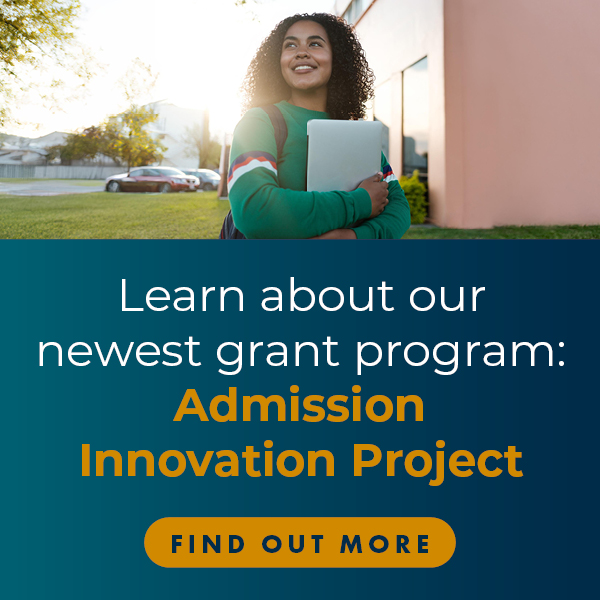Since launching our grantmaking activities in 2014, we have awarded over $26.4 million in support of our research priorities: access, affordability, and the value of legal education.
Awarded Grants
Grant Program
Grant Status
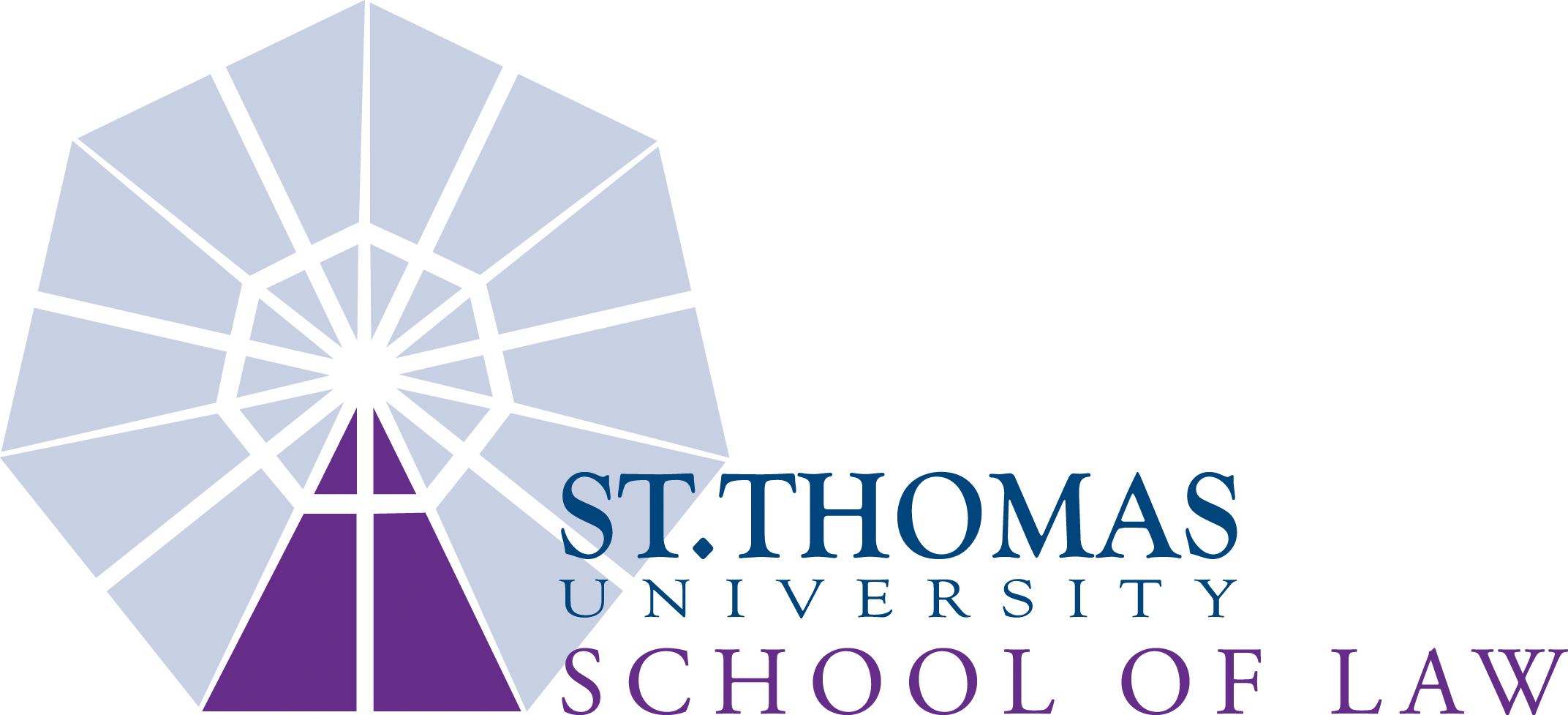
University of St. Thomas School of Law
Over the last few years, a growing number of law schools have implemented a required first-year course/program focused on professional development or professional identity formation. To date, there has been no assessment of which of the courses/programs are most successful in advancing students with respect to learning outcomes associated with professional development. This project would be designed to assess these courses/ programs and to identify the most successful pedagogies.
View grant outcomes.
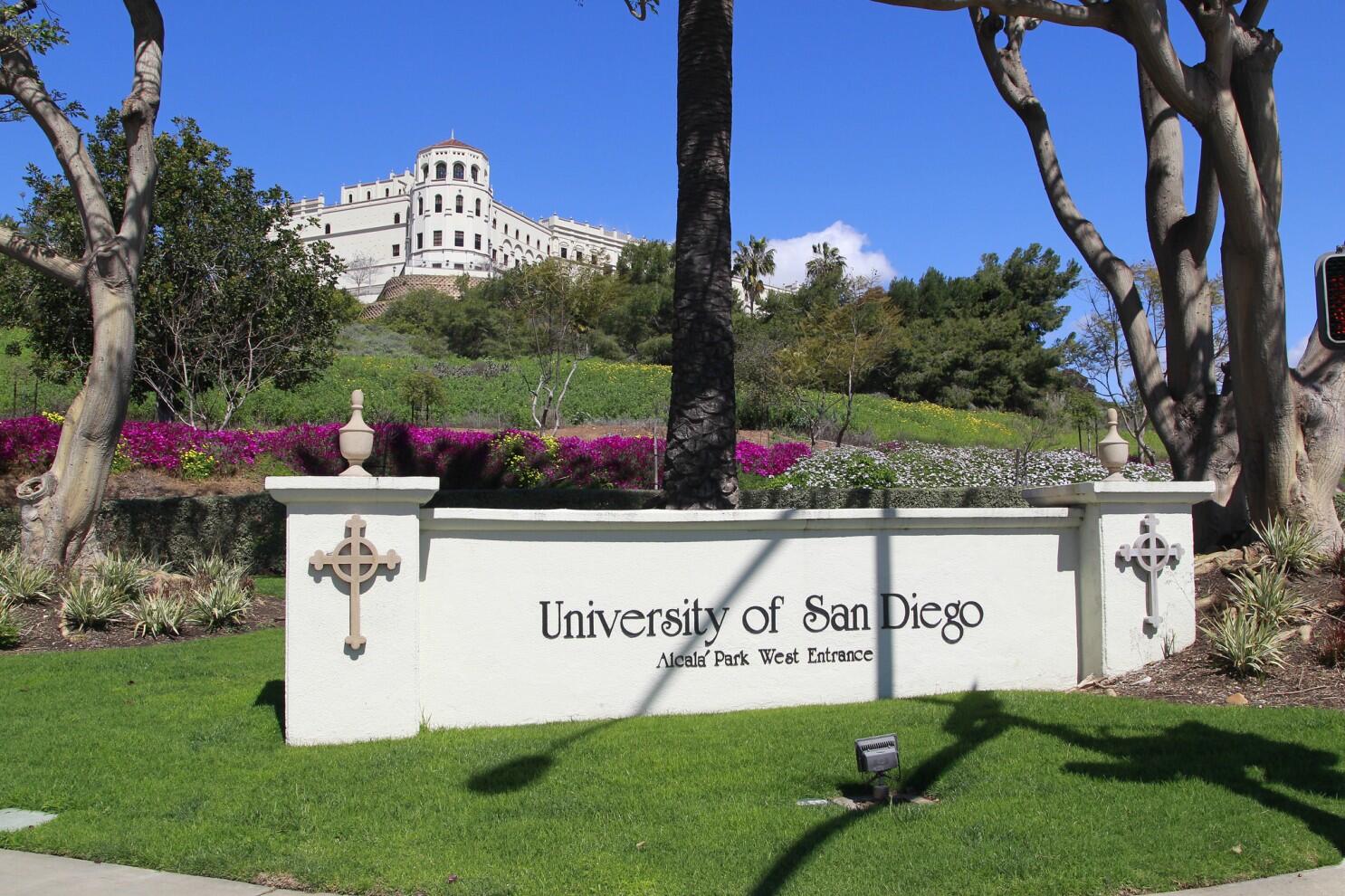
University of San Diego
The University of San Diego School of Law’s (USD) Center for Public Interest Law (CPIL), in partnership with the School of Business Department of Economics, plans to research inequality with respect to access to legal services. USD will investigate whether the lack of diversity in the attorney workforce directly impacts access to legal services by low-income, disadvantaged consumers, and whether the existing cut score of California’s Bar Exam is contributing to the justice gap in California.
View grant outcomes.
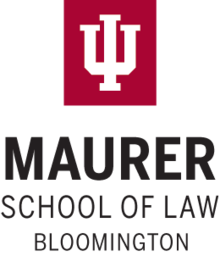
Indiana University Maurer School of Law
The project seeks to...
- Evaluate a replication on the State Bar of California’s July 2019 Bar exam of a Productive Mindset intervention that improved passage rates on its July 2018 exam.
- Examine predictors of bar passage in a data set compiled with over 7,000 takers across three years of California’s exams.
- Scale the Productive Mindset program to three new jurisdictions and examine predictors of passage in a multi-jurisdictional data set of over 10,000 takers of the July 2021 bar exam.
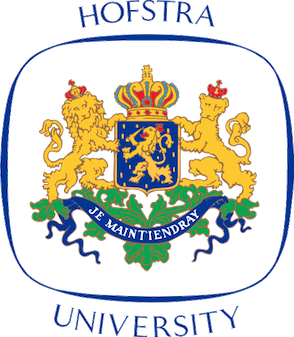
Hofstra University
The project will develop metacognitive teaching materials to be used within the law school curriculum and study the impact of this instructional intervention on bar passage. The project will use a mixed methods approach, using both qualitative and quantitative data, to examine whether students who are taught and prompted to engage in metacognitive skills develop stronger skills over time.
View grant outcomes.
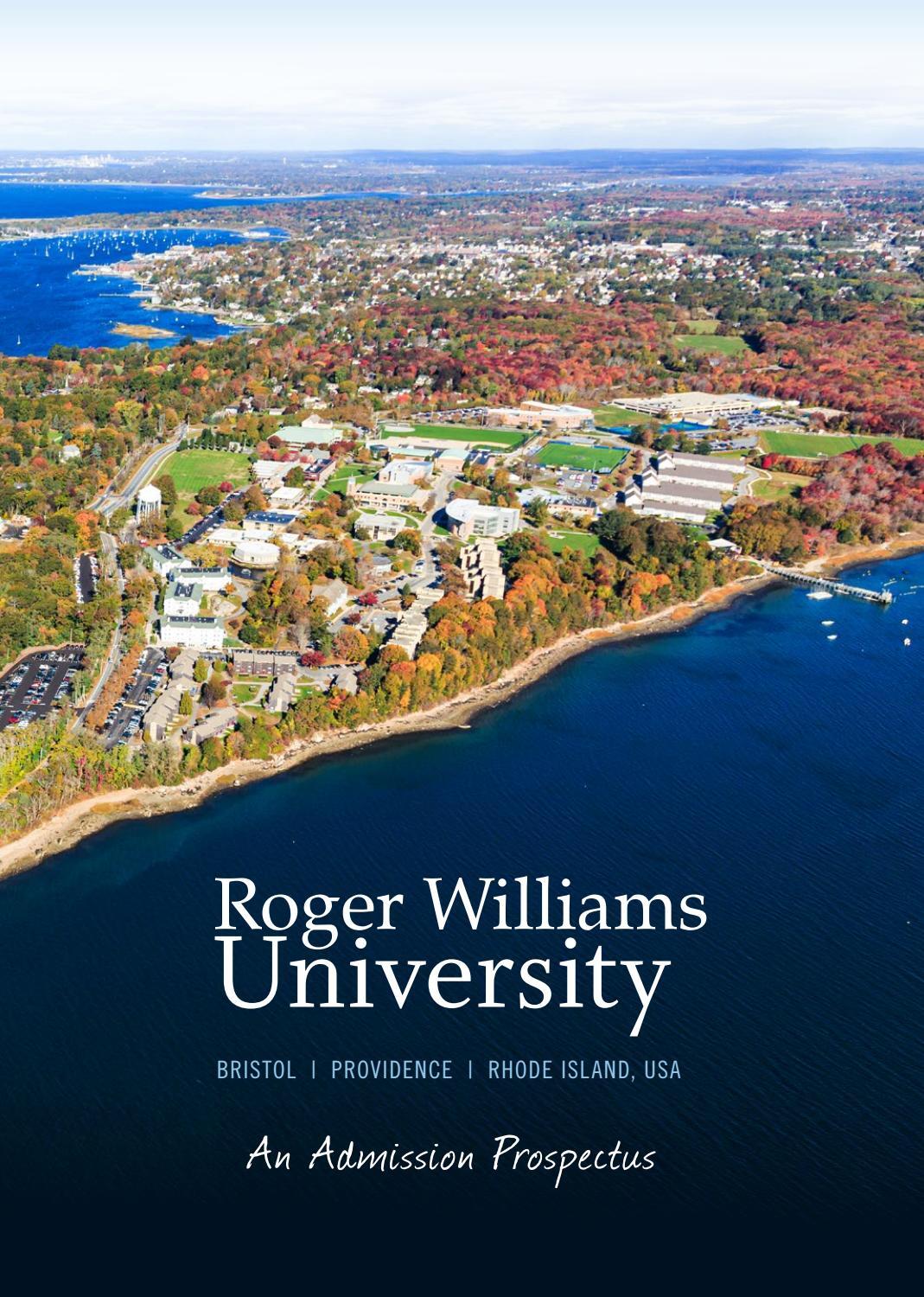
Roger Williams University
The project seeks to identify law schools that consistently overperform—and underperform—on their expected bar exam passage rates, controlling for the quality of the students they accept. The project plans to examine which state bar exams law graduates take and the difficulty of those bar exams. The project will also determine the school-specific characteristics leading to overperformance among law schools that consistently beat their estimated bar passage rate by interviewing deans at these law schools.

University of Pennsylvania
This grant will comprehensively evaluate whether the adoption of rgw Uniform Bar Exam (UBE) has positively influenced enrollment and Bar passage rates of underrepresented and minority students in law schools located in participating states. It will also measure the extent to which (a) tuition and fees costs and costs of living, (b) interstate employment mobility, and (c) overall employment prospects of graduates from participating schools and states varied given the adoption of UBE.
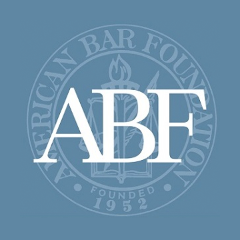
American Bar Foundation
The project will employ anthropological linguistic methods to examine how inequality is sustained in law schools in order to help them create more supportive environments for students and faculty of color. Faculty interviews, observations, and autobiographical textual analyses will be used to identify the verbal and non-verbal interactional habits that contribute to institutional practice that may sustain implicit biases.
View grant outcomes.
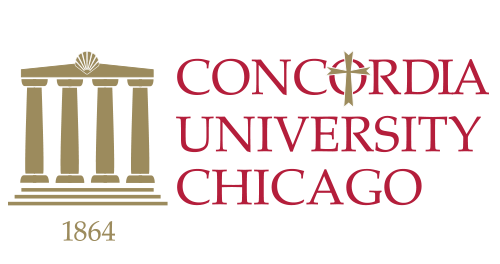
Concordia University Chicago
The grant will examine approximately 30 first-generation law students enrolled at Northwestern University Pritzker School of Law using both surveys and in-depth interviews to identify critical: pre-law school experiences, psychoemotional/educational needs of enrolled first-generation law students, and personal qualities associated with first-generation students’ law school success.
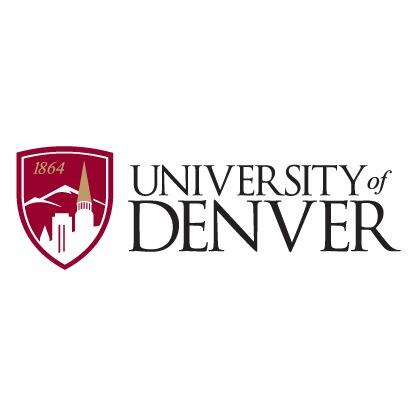
University of Denver
This grant, in partnership with the ABA Commission on the Future of Legal Education and Prof. Deborah Merritt (Ohio State University Moritz College of Law), will develop a fair, evidence-based definition of minimum competence. The grant will build on existing research, including the Institute for the Advancement of the American Legal System (IAALS)’ Foundations for Practice, and will use layered focus groups to deepen our understanding of minimum competence.
Read more here.

